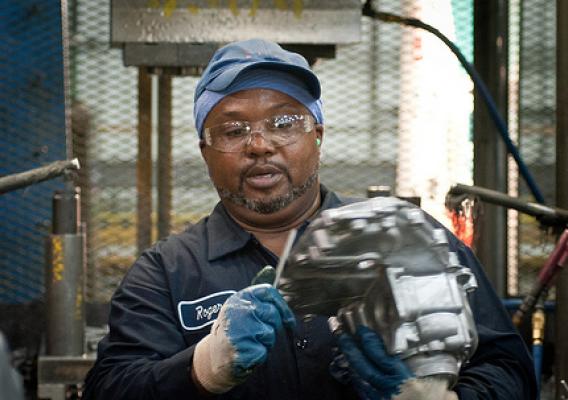“Agriculture is not often the first thing people think of for returning veterans. That’s why we are elevating the discussion about veterans and agriculture.” ~Secretary Vilsack
This week, Secretary Vilsack, Deputy Secretary Harden and I met with 35 military veterans who are now farmers and ranchers. Hosted by the Farmer Veteran Coalition and the Farm Credit Council, these men and women came to USDA to discuss the opportunities and resources available to veterans interested in agriculture. Many of them participate in the Homegrown by Heroes campaign which celebrates local products grown, raised and produced by farmer veterans across the country.
As the Department’s Military Veteran Agricultural Liaison and a veteran of the Marine Corps myself, I know there are many reasons military veterans turn to agriculture. For some, running a farm business gives them an opportunity to put their logistical training to work. For others, farming lets them continue serving their community. Many veterans talk about how working on the land helps them successfully transition to civilian life. And still others discuss how agriculture gives them purpose.
No one can explain the deep connection between veterans and agriculture better than veteran farmers themselves. Here are a few of their voices.








